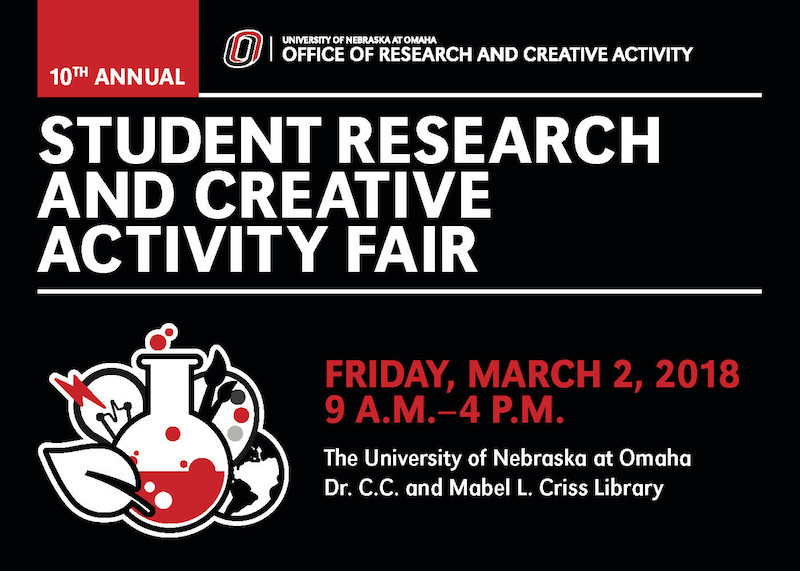
Advisor Information
Dr Prithviraj (Raj) Dasgupta
Location
Dr. C.C. and Mabel L. Criss Library
Presentation Type
Poster
Start Date
2-3-2018 9:00 AM
End Date
2-3-2018 10:15 AM
Abstract
Modular Self-reconfigurable Robots (MSRs) are robots that can adapt their shape and mobility while performing their operations. We are developing an MSR called MARIO (Modular Robots for Assistance in Robust and Intelligent Operations) to assist patients with spinal cord injury in performing daily living tasks. In this research, we are investigating computational techniques that will enable MARIO to autonomously adapt its shape while performing an assistive task, and, while remaining aware of the human user’s satisfaction in receiving assistance from MARIO. We are developing semi-autonomous decision making techniques within a computational framework called shared autonomy that will adapt MARIO’s movements in real-time in response to the human user’s actions and haptic feedback to MARIO, while reducing the time and energy expended to perform the currently assigned task. Our techniques will be validated within simulation as well as on physical MARIO hardware within daily living environments such as kitchens and bathrooms.
Files over 3MB may be slow to open. For best results, right-click and select "save as..."
Included in
Intelligent and Human-Aware Decision Making for Semi-autonomous Human Rehabilitation Assistance using Modular Robots
Dr. C.C. and Mabel L. Criss Library
Modular Self-reconfigurable Robots (MSRs) are robots that can adapt their shape and mobility while performing their operations. We are developing an MSR called MARIO (Modular Robots for Assistance in Robust and Intelligent Operations) to assist patients with spinal cord injury in performing daily living tasks. In this research, we are investigating computational techniques that will enable MARIO to autonomously adapt its shape while performing an assistive task, and, while remaining aware of the human user’s satisfaction in receiving assistance from MARIO. We are developing semi-autonomous decision making techniques within a computational framework called shared autonomy that will adapt MARIO’s movements in real-time in response to the human user’s actions and haptic feedback to MARIO, while reducing the time and energy expended to perform the currently assigned task. Our techniques will be validated within simulation as well as on physical MARIO hardware within daily living environments such as kitchens and bathrooms.

Additional Information (Optional)
I'll have my personal pc, for the simulation and other important videos to show for my research.